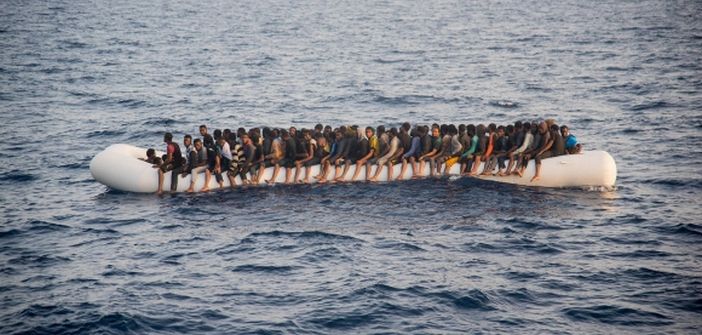The anxiety of having to face a new humanitarian, media, and political crisis looms again for Europeans.
This time, it is no longer the arrivals on the Greek coasts that crystallize worries – they have plummeted since the signing of an agreement with Turkey. However, nearly 85,000 people have landed on the Italian coasts since the beginning of the year, mainly coming from Libya.
A situation different from that which prevailed on the Greek coasts, for at least two reasons.
On the one hand, Libya is a country in crisis, making any substantial cooperation with Tripoli difficult. On the other hand, most of the migrants arriving on the Italian coasts are not fleeing war, but difficult living conditions – which makes them ineligible for refugee status.
The Commission notably proposes to create a mechanism allowing migrants rescued in Tunisian or Libyan waters to be returned directly to African soil. Brussels also calls for the definition of a “code of conduct” for NGOs, as some suspect them of encouraging migrants to leave.
It could contain explosive measures, such as banning NGO ships from approaching Libyan coasts or communicating in any way with smugglers, or the requirement to have a police officer on board.
No quick solution to the crisis is in sight: the chaos is not in the Mediterranean, but in Libya.
However, the gap between Rome and its neighbors is glaring. Europeans expect Italy to develop more closed centers to keep the migrants and, once legal procedures are adhered to, send them back to their countries.
Rome, above all, believes that its neighbors should show solidarity by hosting more refugees themselves.


